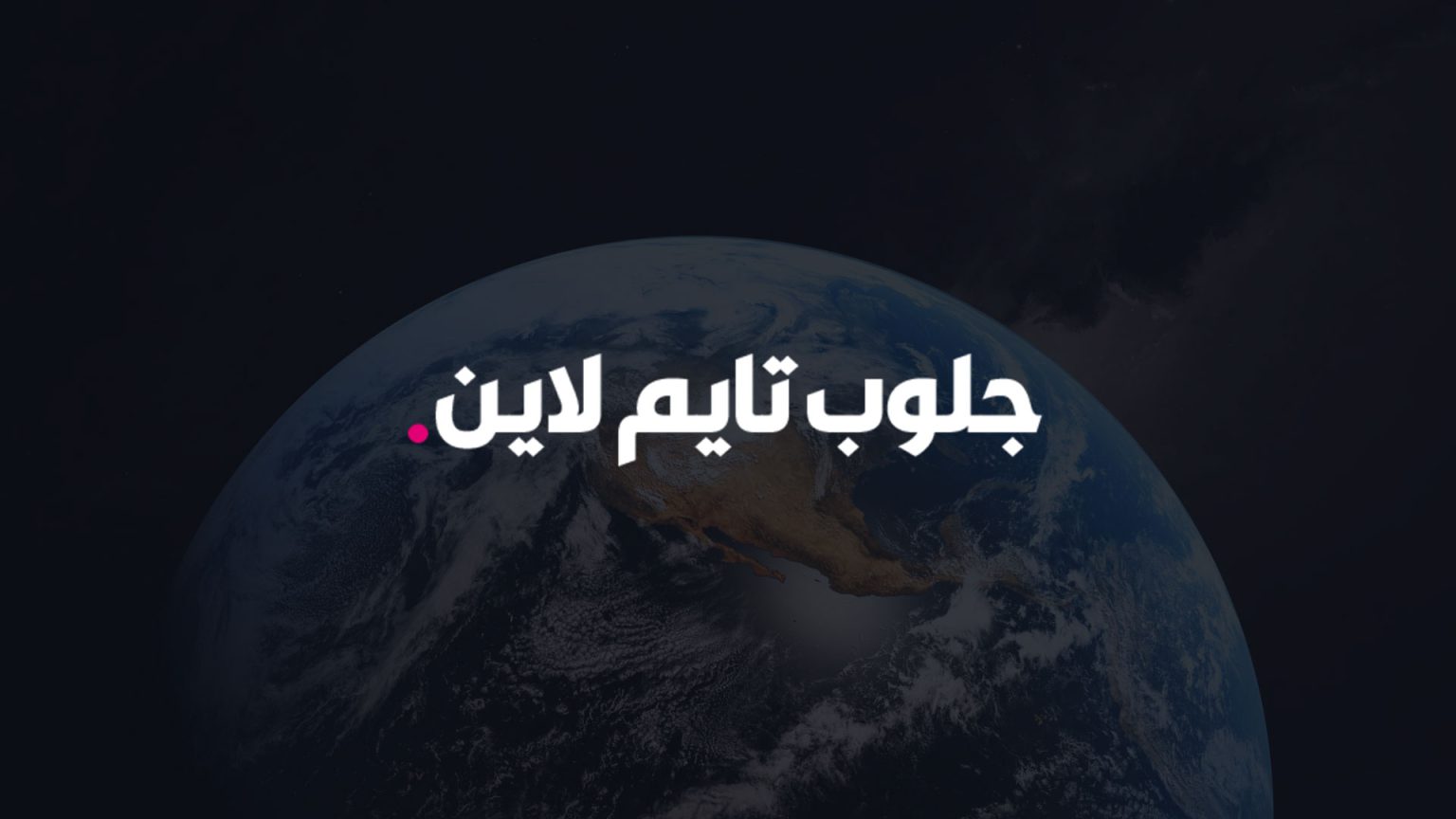Summarize this content to 2000 words in 6 paragraphs in Arabic When Masayoshi Son and Sam Altman first met each other in 2017 at SoftBank’s offices in Tokyo, the younger entrepreneur lacked a project large enough to tempt the tech billionaire to get his cheque book out.Over the next two years, as Altman’s OpenAI evolved into one of the world’s most potent artificial intelligence companies, Son tried to invest close to $1bn in the ChatGPT maker.Altman refused.He instead opted for Microsoft, which could provide the computing power needed to turbocharge his company’s growth, according to a person with direct knowledge of the decision. Altman’s OpenAI has since become one of the fastest-growing start-ups of all time and is straining to grow beyond its partnership with Microsoft. That has cleared a path for SoftBank to lead the largest-ever start-up investment — a $40bn round into OpenAI. In return, Son gets something he craves: a place at the centre of the AI world.On stage in Tokyo this week, the two men discussed a connected plan: a $500bn AI data centre project dubbed “Stargate”. Son, a few years shy of 70, still revelling in his abilities as a showman, sat across from Altman, nearly 30 years his junior and a man who seemed less at ease in front of a crowd.For all their differences, they share a conviction that the era of artificial general intelligence — when machines can outperform humans across cognitive fields — is at hand, and that exponentially more powerful superintelligence will follow.“When I met you when you were younger . . . you said that you’re going to go for AGI and I immediately said, ‘I believe you. I want to invest,’” Son told Altman in Tokyo. “From there I was a believer. I never doubted. Most people at that time thought you were crazy, right?” “Some people think you’re crazy too. It all works out,” Altman replied.The deal Son and Altman are putting together is unprecedented in size and structure, with talks between SoftBank and OpenAI playing out over two stages, according to people with knowledge of the plans. First, there is an exclusive funding round in which SoftBank has committed to invest up to $40bn in OpenAI. SoftBank is not expected to provide the full amount on its own and has the right to bring other partners into the funding round. OpenAI can approve or veto the new investors, according to a person with direct knowledge of the plans.The funding round is expected to value OpenAI at a pre-money valuation of $260bn. “It’s Masa’s round, but Masa will be allowed to bring other investors into OpenAI on a limited basis,” said one person involved in the talks.In the second phase, SoftBank is planning to initially put about $15bn-$20bn into Stargate. OpenAI, with new money from the SoftBank round, has agreed to match whatever figure the Japanese group puts into the infrastructure project.Partners including MGX, the Abu Dhabi state-owned fund and a Stargate equity investor, intend to make further investment decisions once they see progress on the project, according to three people with knowledge of the plans.OpenAI and SoftBank declined to comment.The deal fits Son’s record of taking leaps of faith, backed by billions in capital, often overriding the recommendations of his lieutenants.An early $20mn bet on Jack Ma just a year after Alibaba was founded made Son billions and forged his reputation as a star investor. His search for the next big thing has also resulted in numerous dramatic losses, including $14.2bn on Adam Neumann as WeWork tumbled into bankruptcy. At one point, some of Son’s own backers had to veto his attempts to invest billions more into Neumann’s company, according to a person with knowledge of that decision.“The Achilles heel of Masa is he just falls in love with these visionary young men,” said one person who has worked closely with him.The plan for Stargate was put together rapidly over the past few months, often with just Son and Altman thrashing out the details without advisers present, said people familiar with the process.“Until three months ago, Sam was dating . . . but in the past few months he’s decided he will commit to Masa,” said one of the people close to SoftBank.Some of Son’s advisers are trying to rein him in again, mindful that Altman has his own motivations — including trying to extend its partnerships beyond its current biggest backer, Microsoft. “[Sam] is no longer running a start-up. It’s a big company with big ambitions. So all power to them,” said a person familiar with Microsoft’s thinking.As well as the two main characters, a core executive team was tasked with working out the details. It included Sarah Friar, OpenAI chief financial officer, Peter Hoeschele, in charge of infrastructure buildout at OpenAI, Rene Haas, Arm CEO and Vikas Parekh, an executive from SoftBank.Stargate is designed solely for the use of OpenAI, based on the assumption that the San Francisco-based group’s demand for computing power will continue to skyrocket. But, according to one person with direct knowledge of the joint venture, OpenAI has not signed a contract guaranteeing its usage.“The Stargate deal is not a standard deal . . . [Son] has to build this with the belief and understanding that OpenAI will want to take the compute. But there’s no contract,” they said.OpenAI expects to sign agreements to make use of any sites that Stargate develops or invests in, and could ultimately open the project to other customers, according to a person close to the company. Another person familiar with SoftBank’s thinking said they would not start building data centres without such a contract in place.OpenAI argued in a paper last year that “infrastructure is destiny” and Altman has been bullish about the company’s ability to beat rivals to AGI given enough resources. But new, more efficient AI models are emerging, such as Chinese AI company DeepSeek’s R1, which have challenged assumptions about the advantages of scale. Any slowing of demand for massive data centres would pose a significant problem for Stargate. “If you don’t have OpenAI driving demand, you will have what you had in the semiconductor cycle: empty fabs [semiconductor fabrication plants],” said the investor who has worked with Son. “It will get very bloody, very ugly.” The novel arrangement anchors Son to Altman, tying SoftBank’s fate to OpenAI’s ability to continue growing both its valuation and its demand for data centres. The two groups have also put together a joint venture in Japan to sell OpenAI products and SoftBank group companies have committed to spending another $3bn a year on OpenAI services.“At the moment, what’s good for Sam is good for Masa,” said a person familiar with the pair, noting that Son’s plans remain bigger than OpenAI, including moving into chip production.The same people also argue that not all of Son’s biggest moves are due to a belief in individuals, highlighting the bet to acquire Arm. The UK chip designer — which was listed last year and in which SoftBank still owns close to 90 per cent — has given Son the potential to access billions in funds and collateralised loans, as well as a core piece of the AI sector.“Every hedge fund, entrepreneur and technologist is thinking ‘how do I chip away at Sam Altman?’’’ said one major investor. “With Masa’s money can he create an unassailable lead?”Additional reporting by Michael Acton in San FranciscoVideo: AI is transforming the world of work, are we ready for it? | FT Working It
rewrite this title in Arabic SoftBank’s Masayoshi Son and OpenAI’s Sam Altman bet on AI — and each other
مقالات ذات صلة
مال واعمال
مواضيع رائجة
النشرة البريدية
اشترك للحصول على اخر الأخبار لحظة بلحظة الى بريدك الإلكتروني.
© 2025 جلوب تايم لاين. جميع الحقوق محفوظة.



